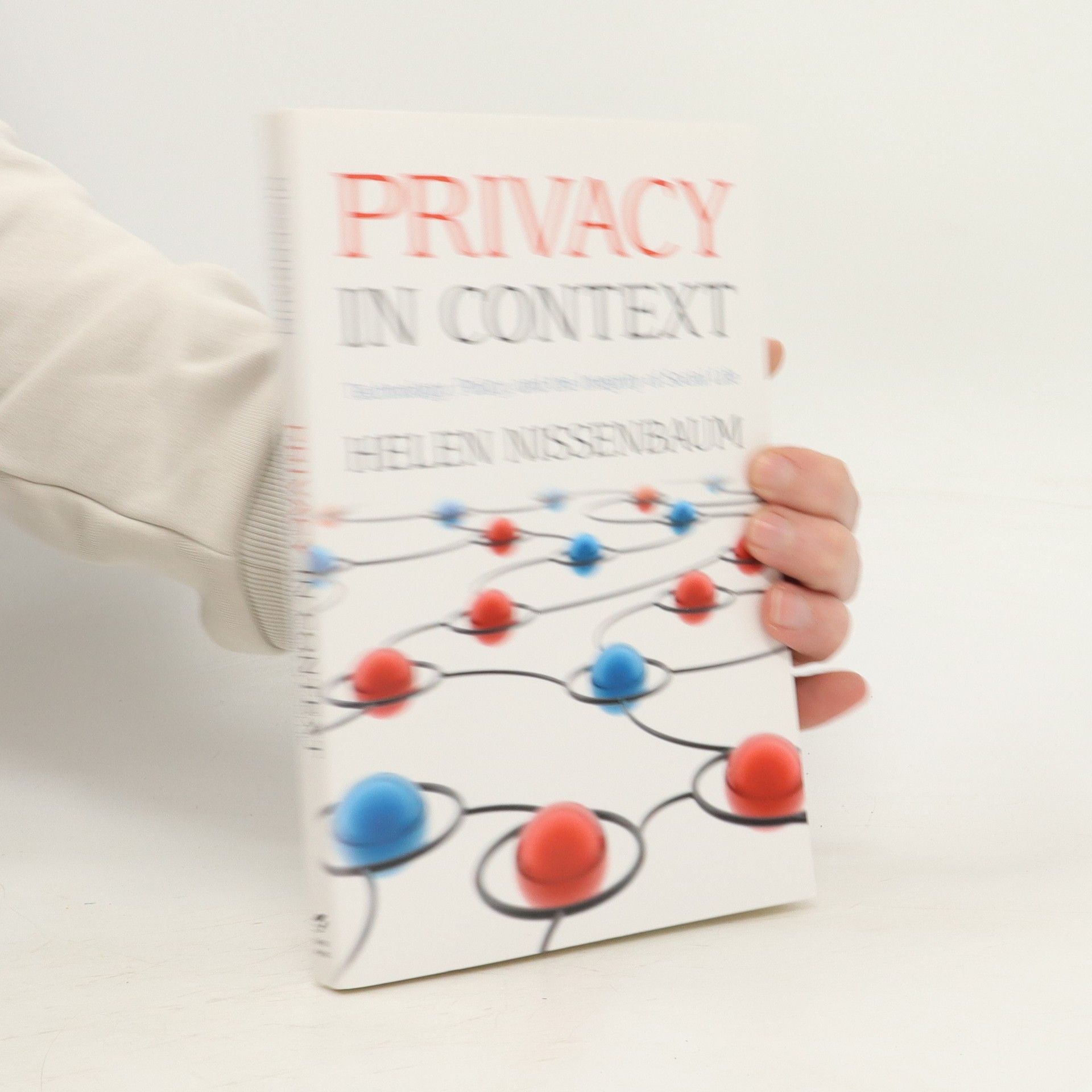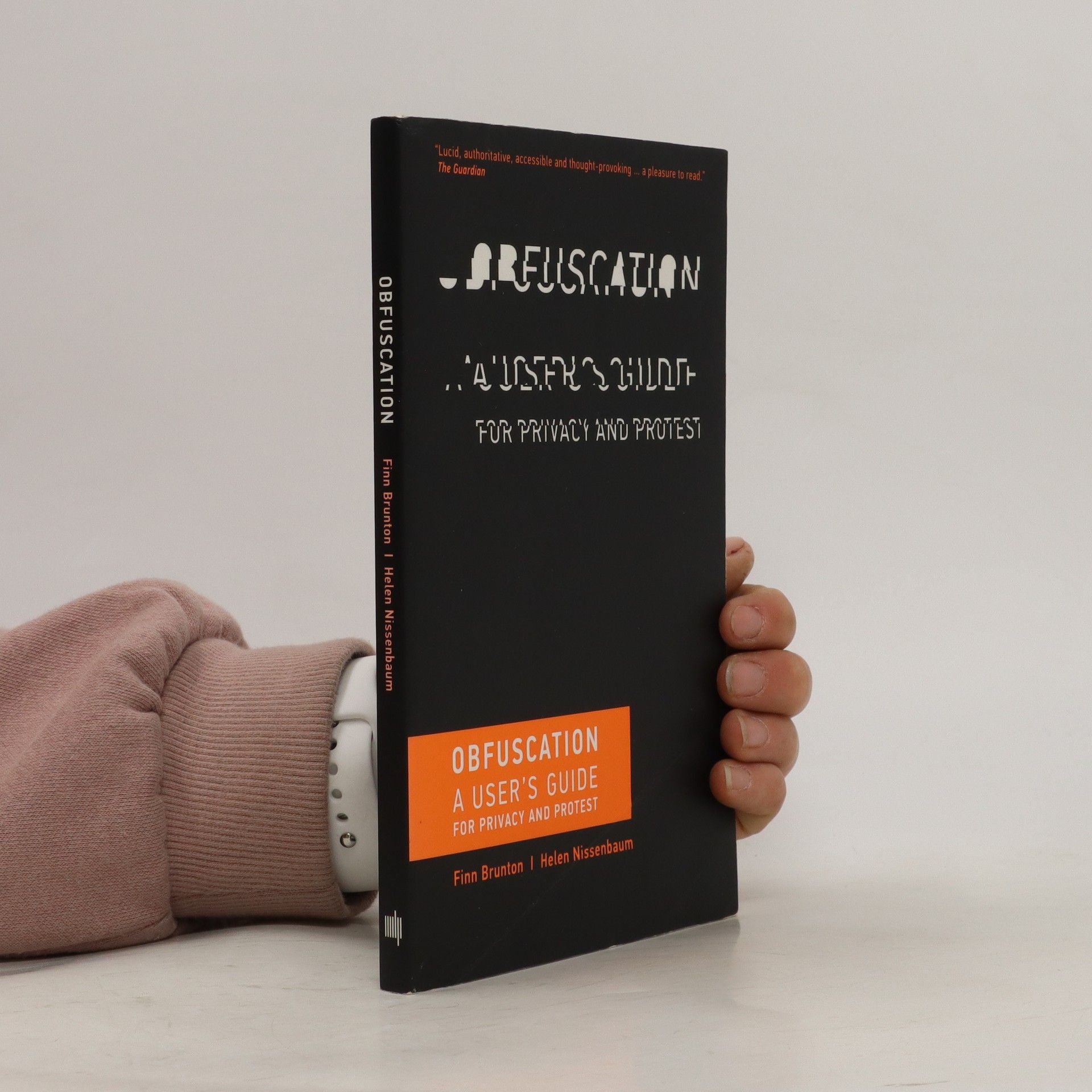Finn Brunton and Helen Nissenbaum aim to spark a revolution against pervasive digital surveillance by advocating for obfuscation—the intentional use of ambiguous or misleading information to disrupt data collection by governments, corporations, and hackers. They provide a toolkit of privacy-protecting techniques, emphasizing the importance of evasion and noncompliance, particularly for average users who lack control over their data. By teaching users to resist surveillance, guiding software developers to protect user data, and advising policymakers on ethical data collection, they empower individuals to push back against invasive practices. The authors detail various forms of obfuscation, illustrating its application with historical and contemporary examples, such as World War II radar chaff and Twitter bots that undermined protest movements. They explore the necessity and justification of obfuscation, its mechanisms, and its integration with other privacy practices and technologies. This comprehensive guide aims to equip readers with the knowledge to navigate and challenge the complexities of digital surveillance effectively.
Helen Nissenbaum Bücher


Privacy is one of the most urgent issues associated with information technology and digital media. This book claims that what people really care about when they complain and protest that privacy has been violated is not the act of sharing information itself—most people understand that this is crucial to social life —but the inappropriate, improper sharing of information. Arguing that privacy concerns should not be limited solely to concern about control over personal information, Helen Nissenbaum counters that information ought to be distributed and protected according to norms governing distinct social contexts—whether it be workplace, health care, schools, or among family and friends. She warns that basic distinctions between public and private, informing many current privacy policies, in fact obscure more than they clarify. In truth, contemporary information systems should alarm us only when they function without regard for social norms and values, and thereby weaken the fabric of social life.